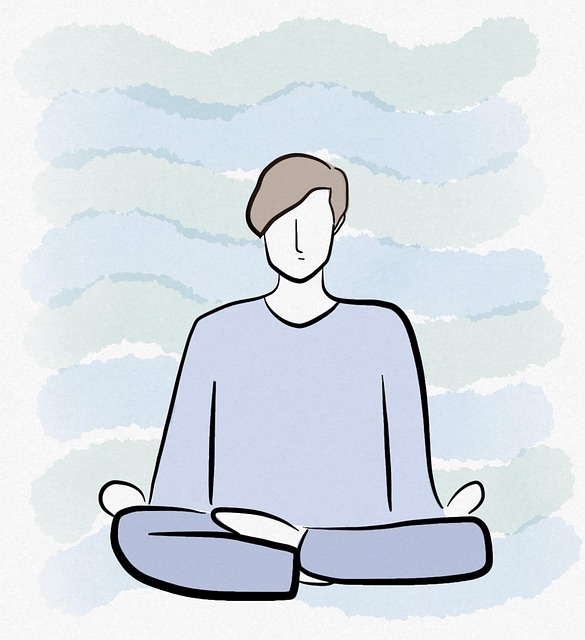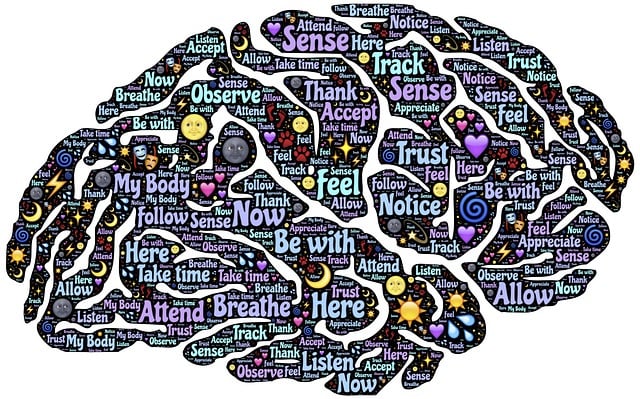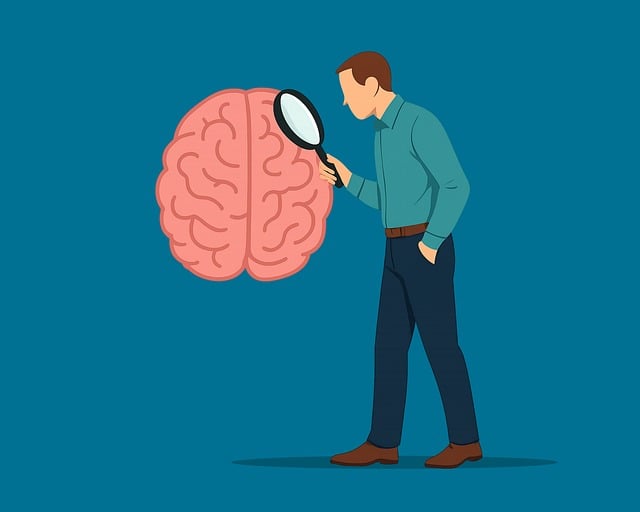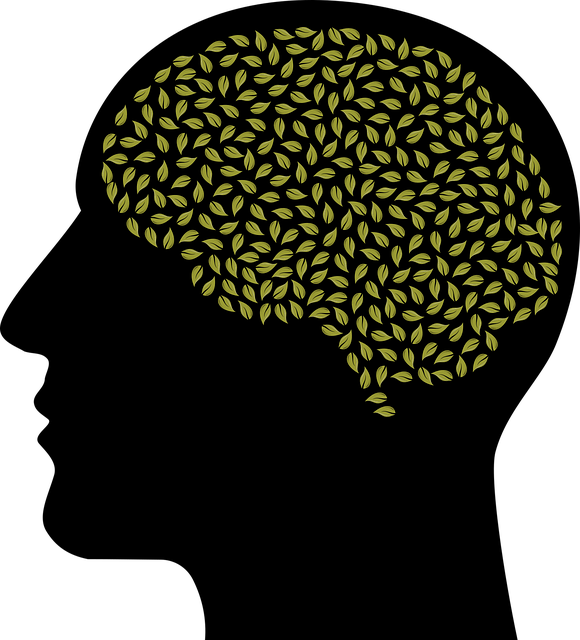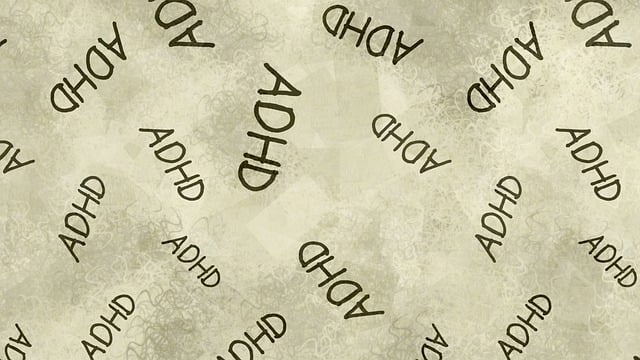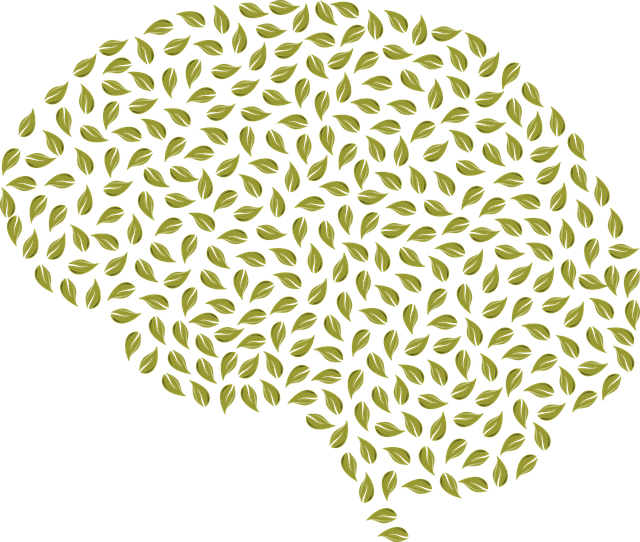Lone Tree Therapy provides a unique approach for Therapists-Clinicians to help clients build resilience against life's challenges through RFM (Resistance, Flexibility, and Mastery). This framework promotes facing obstacles head-on (Resistance), adapting to setbacks (Flexibility), and emotional regulation (Mastery). By offering tailored communication strategies and immersing clients in natural settings for introspection, Lone Tree Therapy enhances mental well-being. Their exercises, like mindfulness and cognitive reframing, empower individuals to navigate adversity with resilience, fostering self-awareness, acceptance, and inner strength.
“Uncover the power of resilience with an in-depth exploration of RFM (Resilience, Flexibility, and Mastery) and its transformative impact on mental well-being. This article guides therapists and clinicians through a unique lens—Lone Tree Therapy, offering a fresh perspective on building resilience.
We’ll delve into the significance of RFM in therapeutic practices, providing strategies to implement effective resilience exercises. Discover how these techniques can enhance your sessions, fostering growth and coping mechanisms for clients, particularly when adopting Lone Tree Therapy principles.”
- Understanding RFM and Its Role in Resilience Building
- Lone Tree Therapy: A Unique Approach for Therapists-Clinicians
- Implementing Resilience Exercises: Strategies for Effective Practice
Understanding RFM and Its Role in Resilience Building

Resilience is a vital asset for individuals to navigate life’s challenges and setbacks. This is where RFM—an acronym for Resistance, Flexibility, and Mastery—comes into play as a powerful framework. Lone Tree Therapy, a haven for Therapists-Clinicians, recognizes the significance of RFM in fostering resilience. By understanding these concepts, therapists can guide their clients towards a more robust emotional state.
Resistance involves confronting and overcoming obstacles head-on, building a sense of empowerment. Flexibility entails adapting to change and learning from setbacks without succumbing to stress or despair. Mastery focuses on mastering one’s reactions and emotions, enabling individuals to make conscious choices. Through tailored Communication Strategies and Empathy Building Strategies, Lone Tree Therapy aids in preventing issues like depression by empowering clients with these RFM skills, thereby enhancing their overall well-being.
Lone Tree Therapy: A Unique Approach for Therapists-Clinicians

Lone Tree Therapy offers a unique approach for therapists and clinicians, providing an innovative way to enhance mental health awareness and build resilience among their clients. This therapeutic method involves immersing individuals in nature, specifically in solitary settings like forests or secluded landscapes, to foster deep personal growth and emotional healing. By disconnecting from daily distractions and embracing solitude, clients can develop a stronger sense of self-awareness and cultivate a profound connection with the natural world.
This therapy isn’t just about being in nature; it’s a powerful tool for boosting confidence and fostering cultural sensitivity in mental healthcare practice. The quiet and tranquility of these environments encourage introspection, allowing individuals to confront and process their emotions without external distractions. Through Lone Tree Therapy, therapists can guide clients towards discovering inner strength, promoting self-acceptance, and cultivating a deeper understanding of themselves, ultimately leading to improved mental well-being.
Implementing Resilience Exercises: Strategies for Effective Practice

Implementing resilience exercises is a powerful tool for therapists and clinicians aiming to support clients in building emotional regulation skills. Lone Tree Therapy, for instance, offers specialized programs designed to enhance inner strength development, ensuring practitioners are well-equipped to address the unique needs of diverse populations. A structured approach is key; incorporating these practices into regular therapy sessions allows for consistent progress. By integrating techniques that promote self-awareness and coping strategies, therapists can foster a sense of safety and resilience in their clients.
Consider tailoring exercises to individual preferences and cultural backgrounds, keeping in mind the importance of Cultural Sensitivity in Mental Healthcare Practice. This adaptability ensures engagement and encourages deeper exploration of personal challenges. Whether through mindfulness activities or cognitive reframing, these strategies empower individuals to navigate life’s storms with greater equanimity, ultimately strengthening their ability to bounce back from adversity.
Resilience is a vital component of mental well-being, and with the right tools, therapists can empower individuals to navigate life’s challenges. The RFM model offers a structured framework, while Lone Tree Therapy provides an innovative approach tailored for therapists-clinicians. By incorporating resilience-building exercises into practice, professionals can enhance their clients’ coping mechanisms and overall adaptability. These strategies, when implemented effectively, have the potential to revolutionize therapy, fostering growth and resilience in individuals seeking support.
